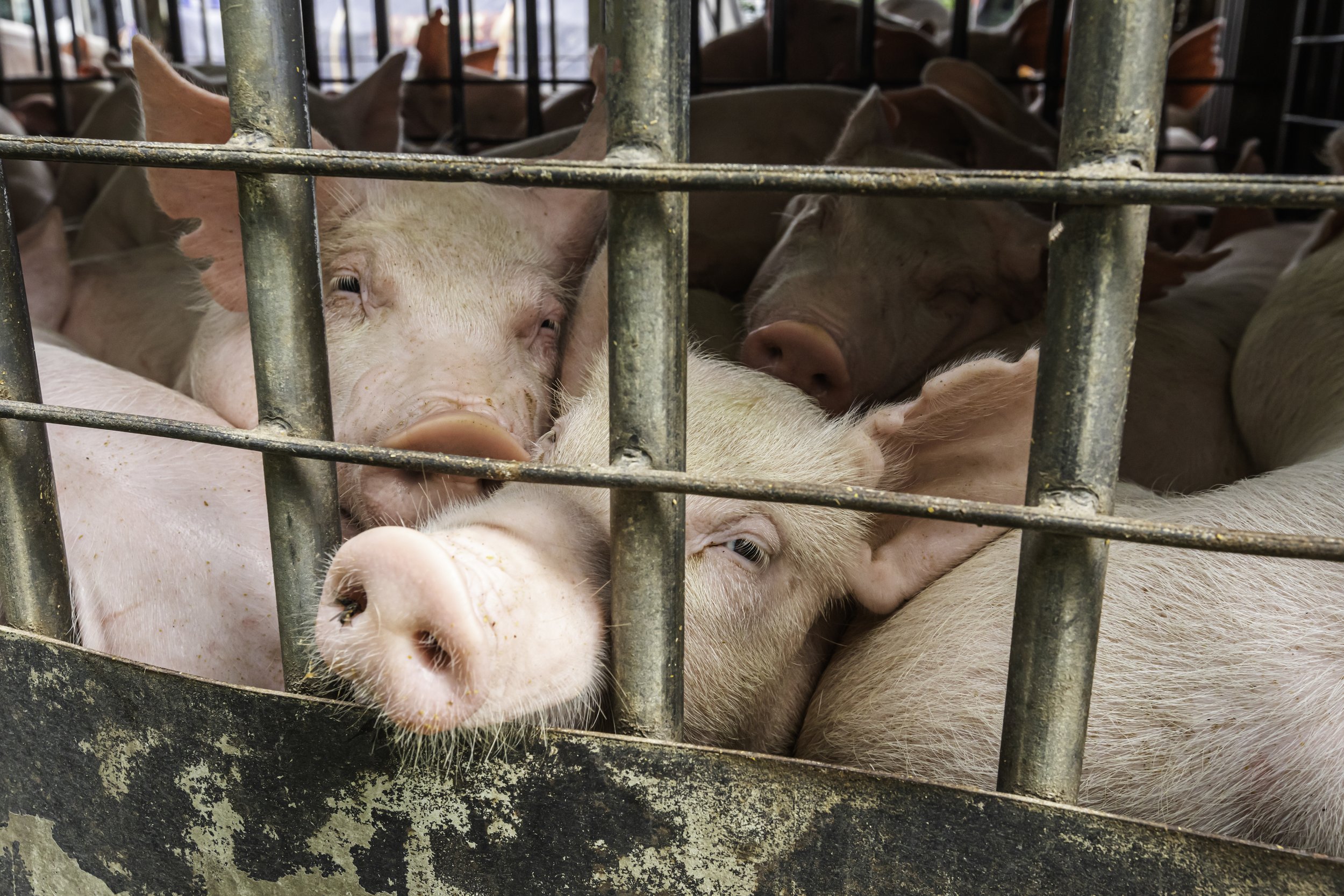On February 20, 2022, McDonald’s confirmed that Carl Icahn nominated both Maisie Ganzler and me for the company’s board of directors in response to McDonald’s failure to meet a public pledge it made 10 years ago to end the egregiously cruel and controversial practice of pig gestation crates by this year. McDonald’s falsely maintains it’s making progress towards this goal when sows in their supply chain are still immobilized in tiny stalls, not much bigger than their bodies, for several weeks of each pregnancy. They can’t even turn around, and it’s months of confinement in a tiny cage.
Pigs and other animals farmed for food are social, intelligent and sentient beings with a range of emotions that include fear and distress. Those in today’s highly industrialized systems endure reprehensible, often life-long suffering that has no resemblance to their natural existence. The public is increasingly concerned about their treatment, supporting laws that ensure more humane practices that eradicate the most heinous abuses such as extreme confinement. Many states have banned gestation crates and California’s Proposition 12 hits this cruelty the hardest.
Companies like McDonald's that do not proactively prioritize animal welfare or continuously improve their standards put themselves and investors at reputational and regulatory risk. In a briefing on gestation crates, Farm Animal Investment Risk & Return (FAIRR) notes, “The rise in consumer and investor activism makes the practice a liability for food companies.” In many cases, mismanagement by top leadership means poor oversight of animal welfare enhancements and commitments (and often other ESG-related concerns).
Companies must hear the calls for a more humane food system. Pressure on animal welfare from the public, NGOs and investors will persist. McDonald’s right now is a microcosm of what the industry will face if the most obscene and needless practices of confinement do not end. Other dubious practices include castrating animals without pain relief and providing barren living conditions without enrichments like straw bedding.
Companies need well-governed animal welfare committees with strong oversight of measurable and verifiable targets. The proxy battle at McDonald’s shows that animal welfare clearly needs more attention from shareholders, investors and financial advisors. As Kiran Aziz, the head of responsible investment at Norway’s largest pension fund, recently said: “The welfare of livestock is rising up the ESG agenda at a rapid pace and we hope to help accelerate this.”
McDonald’s is one of the world’s most well-known and successful restaurant companies and has the power to lead and drive change. It has broken its 10-year-old promise to improve, made to multiple stakeholders on a significant ESG risk, and is tarnishing its reputation. Today the public battle for board seats shows that companies must listen to what consumers and investors clearly want and expect for better animal welfare.
Leslie Samuelrich
President, Green Century Capital Management


